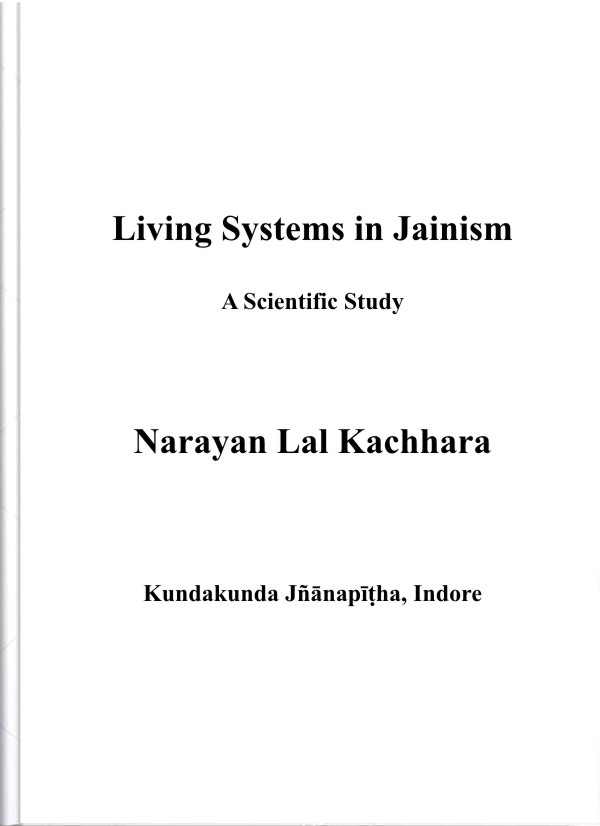In Western philosophy, the mind is conceived as something that thinks, perceives, knows, experiences, holds beliefs and memories, desires and interacts with the external world, and so on. To explain such phenomena, some philosophers think that the mind is different from the body; some are of the view that such functions are performed by the brain; and there are also those who hold that the mind and body have a common origin. Accordingly, there are three main views concerning the nature of the mind and conscious mental states: dualism, materialism and idealism. Materialists hold that the mind is the brain, and the conscious mental activity is identical to neural activity. Idealistic theory "maintains the "real" is the nature of thought or that the object of external perception consists of ideas. It can also be the tendency to represent things in an ideal form, or as they might or should be rather than as they are, with emphasis on values." According to this view, both mind and body belong to the same ideal and so have a common origin. These two views are in contradiction with the concept of reality in Jain philosophy. Dualism supports the Jain view, so I briefly describe it here.
There are two main forms of dualism. The first is mind-body dualism, which has three types:
- Substance dualism. Substance dualism requires that the mind and body be composed of two ontologically distinct substances. The mind is comprised of a non-physical substance, while the body is constituted of the physical substance known as matter. "The mind is a thinking thing that lacks the usual attributes of physical objects: size, shape, location, solidity, motion, adherence to the law of physics, and so on. If the conscious mind is not physical, it is more plausible to believe in the possibility of life after bodily death and immortality, as well as free will." This type of dualism was famously defended by Descartes and is generally called Cartesian dualism.
- Property dualism. Property dualism suggests that the "distinction between mind and body lies in the difference between the properties of mind and matter and that consciousness is ontologically irreducible to neurobiological and physical properties." Property dualists claim that mental phenomena are non-physical properties of physical phenomena, but not properties of non-physical substances.
- Predicate dualism. "Predicate dualism claims the irreducibility of mental predicates to physical predicates. Predicate dualists maintain that while there is only one ontological category of substances and properties of substances (usually physical), the predicates that we use to describe mental events cannot be re-described in terms of, or reduced to, physical predicates of natural languages."
Dualism can also be classified by its views on mental causation. On this basis, we have five different classes of dualism: interactionism, epiphenomenalism, parallelism, occasionalism and non-reductive physicalism. According to parallelism (which is of interest to Jainism), "our mental and physical histories are coordinated so that mental events appear to cause physical events (and vice versa) by virtue of their temporal conjunction, but mind and body no more interact than the two clocks that are synchronized so that one chimes when hands of the other point out the new hour. In reality, mental causes only have mental effects, and physical causes only have physical effects."
Dualism is supported by strong arguments. However, there are also arguments against dualism, as follows.
- "If consciousness (the mind) can exist independently of physical reality (the brain), one must explain how physical memories are created concerning consciousness. Therefore, dualism must explain how the mind affects physical reality." "One of the main objections to dualistic interactionism is its lack of an explanation for how the material and non-material are able to interact." If some external source of energy is responsible for the interactions, it would violate the law of conservation of energy.
- There are clear correlations between certain mental and neural events. When the brain is damaged in some manner, the properties of the person are significantly compromised. "If the mind is a completely separate substance from the brain, why would the mind is affected when the brain is injured? Indeed, it is very frequently the case that one can even predict and explain the kind of mental or psychological deterioration or change that human beings undergo when specific parts of their brains are damaged."
- "Human beings (both phylogenetically and ontogenetically) begin their existence as entirely physical or material entities. Since nothing outside of the domain of the physical is added later in the course of development, then we must necessarily end up being fully developed material beings."
- "Why is it necessary to believe in the existence of two ontologically distinct entities (mind and brain) when it seems possible to explain the same events and properties in terms of one. It is a heuristic principle in science and philosophy to not assume the existence of more entities than is necessary for clear examinations and predictions."
- Why does the possessor of mental states have a privileged access to them that no one else can share? Hume objected that supposing that the mind is a thinking thing is not warranted, since all we apprehend of the self by introspection is a collection of ideas, but never the mind that has these ideas.
Based on this discussion, we find that Western philosophy lacks a clear distinction between the soul and the mind. While it is true that the term "soul" (or "spirit") is often used instead of mind, the problem in philosophy is that it is unclear just how the soul is supposed to differ from the mind. The terms are often used interchangeably because it is unclear to many philosophers that the soul could be something other than "the mental substance." One might wonder, "even if the mind is physical, what about the soul:" maybe it is the soul, not the mind, which is non-physical. Jain philosophy clearly distinguishes between the non-physical soul and the physical mind.
 Dr. N.L. Kachhara
Dr. N.L. Kachhara
